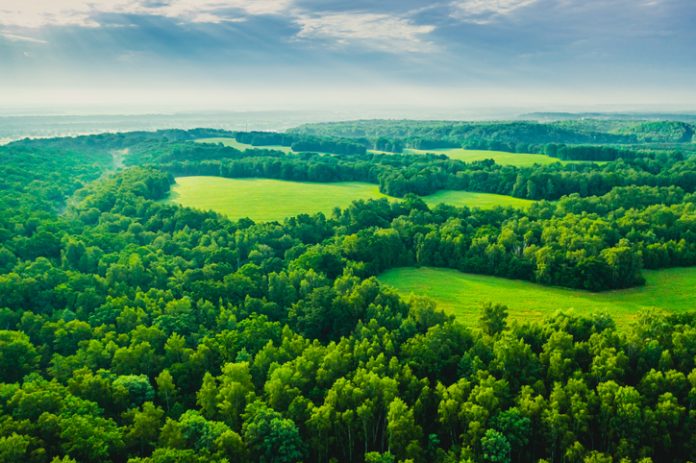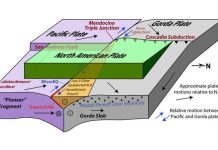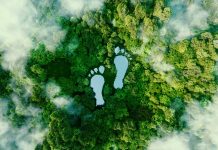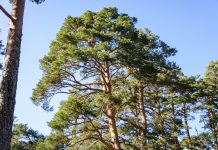Open Access Government briefly analyses what ecological science is, examining some of the areas it encompasses and how it protects human health, with an introduction from NEOMA Business School
The concept of ecology, a field of study that focuses on the interactions between living organisms and between species, is succinctly defined below by an expert in the area, Nicolas Béfort, Associate Professor of Economics at NEOMA Business School. The link between the economy and the environment is also explained.
“Ecology is a science concerned with the interactions between living beings and between species. Understanding these mechanisms enables us to understand how our societies, and therefore our economies, interact with the environment. This means that we can transform our economies so that they respect planetary limits. In other words, we can’t take more from nature than it is capable of providing in a year.
“The relationship between the economy and the environment is relatively straightforward. We extract natural resources, mainly from photosynthesis, and transform them in production processes. These products are then consumed or wasted. Moreover, extraction, production and consumption generate waste, which often ends up in the environment.” (1)
Advancing ecological science
In the United States, the Environmental Society of America (ESA) seeks to advance ecological science through improved communication between ecologists, increase public awareness of environmental science’s significance, and expand the available resources for environmental science practice.
Ensuring that ecological science is used appropriately in environmental decision-making by improving communication between the ecological community and policymakers is at the heart of ESA. The organization also works to enhance the science and practices of ecology and looks forward to a world where people use science to understand better and “foster a thriving planet”. (2)
There are also many different types of environments that ecologist’s study. For instance, microbes living in the ground beneath your feet may be examined by ecologists or animals and plants living in a rainforest or ocean. There are many different types of ecology, like marine ecology, vegetation ecology, and statistical ecology. But they all help us better understand the world around us. “This information also can help us improve our environment, manage our natural resources, and protect human health,” the ESA says. (3)
Ecological knowledge impacts our lives
Here are some examples to demonstrate the positive impact of ecological knowledge on our daily lives; an excellent place to finish this analysis.
Scientists have found that wetlands and marshes help keep water clean by filtering out toxins and other pollutants. People can take advantage of this eco-friendly service. If we leave some of these filter systems in place, it’ll help take some of the load off the water treatment plant that was built to do the same thing. Using natural filtering systems means we don’t have to build as many new treatment plants.
Did you know scientists discovered that many plants and animals produce chemical compounds that protect them from diseases and predators? Scientists have synthesized some of these chemicals by scientists “or harvested from the organism and used to treat human diseases,” as ESA explains. (3) A substance located in horseshoe crab called hemolymph is used for leukemia treatment.
Lyme disease is a bacterial infection transmitted to humans by ticks. However, ecological studies have shown that humans are more likely to contract Lyme disease when there are many acorns.
America is home to some of the most beloved species, including the Peregrine falcon and the Bald eagle. Additionally, there are numerous lesser-known species, such as the Virginia Big Eared Bat and American Burying Beetle. These species have either been successfully reintroduced to America or have had their populations stabilized.
Forest management has been using ecological concepts for a while now, and they’re starting to show up more and more in traditional forest research. For instance, ecological research has shown that fire is essential for keeping forest ecosystems healthy in certain kinds of forests. This understanding has been reported to have prompted further investigation into utilizing controlled fires to reduce the risk of unpredictable and expensive wildfires.
What is biological control? Biological control is the process of using natural predators and enemies of pests to control crop damage. Biological control is partly based on understanding the ecology of pests. This is used to determine when and where “they are the most vulnerable to their enemies,” we hear. “Biological control alleviates crop damage by insects, saves money, and decreases problem associated with pesticides,” ESA adds. (3)
References
- This quote was provided exclusively to Open Access Government on 26th September 2023 from BlueSky Education http://www.bluesky-pr.com on behalf of Nicolas Béfort, Associate Professor of Economics at NEOMA Business School https://neoma-bs.com/
- https://www.esa.org/about/diversity-in-ecology/
- https://www.esa.org/about/what-does-ecology-have-to-do-with-me/











